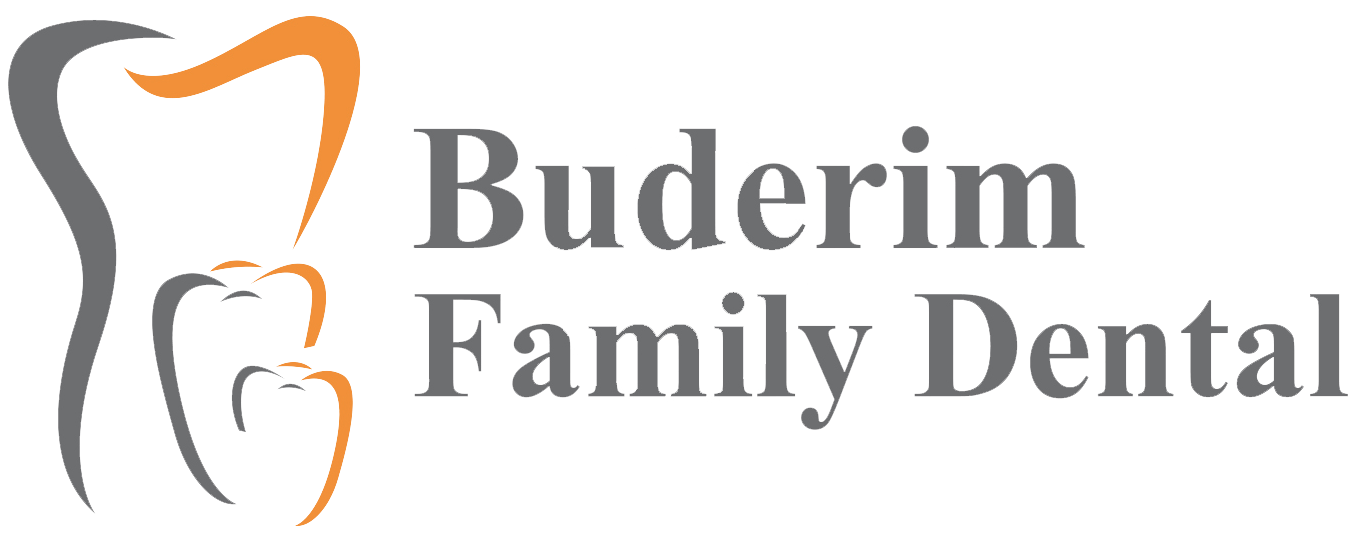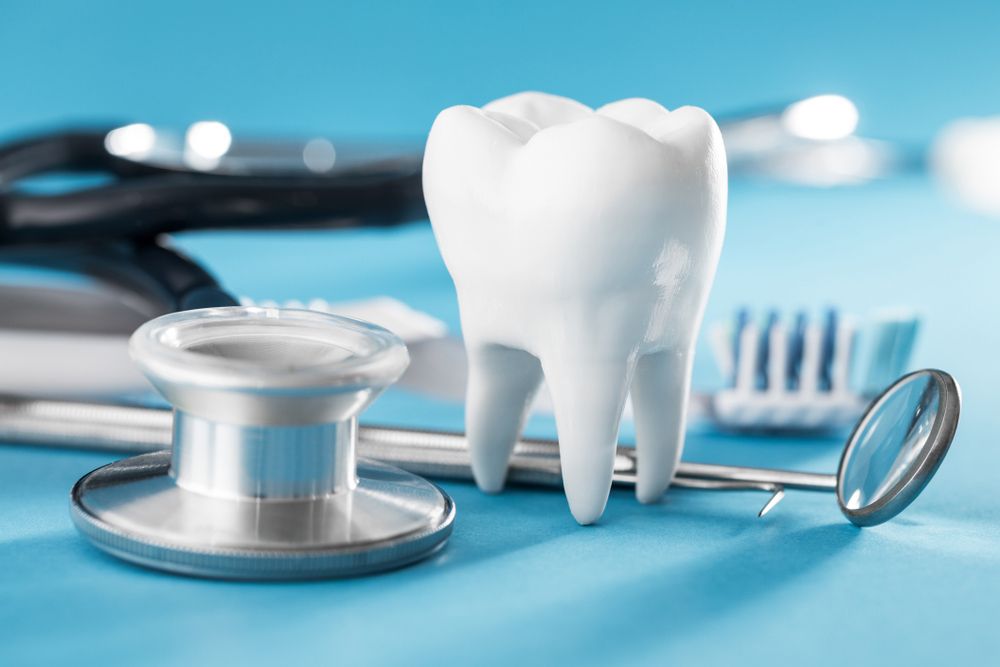Denture Clinic in Buderim
Understanding Your Denture Options
Dentures are not merely about restoring smiles—they play a crucial role in improving daily functions such as eating and speaking while also enhancing self esteem. At Buderim Family Dental, we're here to guide you through the options available, ensuring you make an informed decision about your oral care.
For those who have lost some or all of their teeth, dentures can offer a significant improvement in quality of life. A full denture, which comes as either upper or lower sets, sits comfortably on your gums to substitute all missing teeth, giving you back a complete smile. On the other hand, partial dentures are ideal for individuals who still retain some of their natural teeth. These dentures use metal clasps to anchor onto existing teeth, filling in gaps with precisely crafted artificial teeth.
For those seeking a more stable solution, implant retained dentures present a remarkable advancement. Secured by implants in the jaw, these dentures provide extra stability and can be removed for cleaning. We'll help you navigate these options, focusing on your comfort and the functionality of your dentures.
Achieving A Complete Smile
Embarking on the journey to acquire dentures can be daunting. Buderim Family Dental is committed to making the process as seamless as possible. We place great emphasis on creating dentures that not only look natural but also feel comfortable and function effectively.
Dentures today are predominantly crafted from high-quality materials such as acrylic resin or a lightweight metal frame like cobalt chrome, which is complemented with plastic teeth. This not only ensures durability but also a fit that's tailored to your individual oral structure. Whether you're considering full, partial or implant retained dentures, we're here to provide you with the essential information and support you need.
From our clinic in
Buderim, we provide dentures for clients in
Mooloolaba,
Maroochydore and
Alexandra Headland. Contact our clinic on
(07) 5356 9599 to schedule an appointment. Our goal is to help you restore function and confidence without compromising on aesthetics. Let's work together to achieve a harmonious smile that you can proudly share with the world.
Frequently Asked Questions
-
What types of dentures are available?
In Australia, there are generally two main types of dentures available: full dentures and partial dentures. Full dentures are used when all of the natural teeth are missing, while partial dentures are used when some natural teeth remain. Both types can be made to closely resemble your natural teeth and enhance your smile. There are also immediate dentures that can be fitted right after teeth extraction and overdentures which fit over a few remaining natural teeth or dental implants. Your dentist can help you choose the type of denture that's best for you based on your needs.
-
How do I care for my dentures?
Denture care is important for their longevity and your oral health. Dentures should be removed and cleaned daily using a soft bristle denture brush and non-abrasive denture cleanser. Avoid using regular toothpaste as it can be too harsh for the denture material. Soak them overnight in water or a denture soaking solution to keep them moist, which helps them retain their shape. Rinse the dentures thoroughly before putting them back in your mouth, especially if using a soaking solution. Additionally, continue to brush your gums, tongue and the roof of your mouth to remove plaque and stimulate circulation.
-
Will dentures affect how I speak and eat?
Initially, you may notice some differences in speaking and eating as you adjust to your new dentures. It's common for new denture wearers to experience minor speech difficulties, but these usually improve with time and practice. Eating with new dentures may take a little getting used to as well. Start with soft, easy to chew foods and cut your food into small pieces. As you grow accustomed to your dentures, you can gradually return to your normal diet, although you may need to avoid extremely hard or sticky foods.
-
How often do I need to see the dentist if I have dentures?
Even if you have full dentures, you should still see your dentist regularly. The Australian Dental Association recommends denture wearers have an oral examination at least once a year. During these visits, your dentist will check the fit and condition of your dentures, look for signs of oral diseases including cancer and provide professional cleaning if necessary. Over time, your mouth changes shape and this can affect the fit of your dentures, so they may need to be adjusted or replaced to ensure they remain comfortable and functional.
-
How long does it take to get used to new dentures?
The adjustment period for new dentures can vary from person to person. Partial dentures may be easier to adjust to because they are supported by any remaining teeth. However, adapting to full dentures, particularly lower ones, might take longer due to less natural support. Generally, it's common for individuals to experience an increase in saliva production and some discomfort initially. These symptoms typically decrease as you gradually become more accustomed to wearing your new dentures. Explore your options for dentures in Buderim.
-
What should I expect during the denture fitting process?
The denture fitting process includes several key steps. Initially, your dentist will take impressions of your jaw to create a precise model of your mouth. Using this model, they will craft your custom dentures. Once the dentures are made, the dentist will check if they fit comfortably and function properly. They will make necessary adjustments to help alleviate any discomfort.
-
How often should dentures be replaced or relined?
Dentures typically need to be replaced every 7 to 10 years due to natural wear and changes in your facial structure and gums. However, relining, which adjusts the denture's fit to your gum contour, is recommended every one to two years or whenever you feel changes in the fit. Visit our denture clinic in Buderim today to schedule a consultation.
-
What are the common challenges with new dentures and how can they be managed?
New denture wearers might face challenges such as minor irritation, difficulties with speech and eating and denture slippage. These issues usually improve with time as you adapt to wearing dentures. Using denture adhesives can help stabilise dentures and practising speaking and eating with them can ease the transition. Regular follow-ups with your dentist are crucial to adjust the fit and address any discomfort.
-
How can I maintain optimal oral hygiene with dentures?
Maintaining good oral hygiene with dentures is crucial for your overall dental health. It is recommended to remove and clean your dentures daily using a soft denture brush and non-abrasive cleaner to prevent damage. Soaking them overnight in a denture-cleansing solution can help disinfect them. Additionally, it's important to brush your gums, palate and tongue to remove plaque and reduce the risk of oral infections.
Locations We Service
$99 Exam & Clean - GAP Free for Health Fund Members
Site Links
What We Do
Locations We Service
Operating Hours
- Monday
- -
- Tuesday
- -
- Wednesday
- -
- Thursday
- -
- Friday
- -
- Saturday
- Closed
- Sunday
- Closed

















